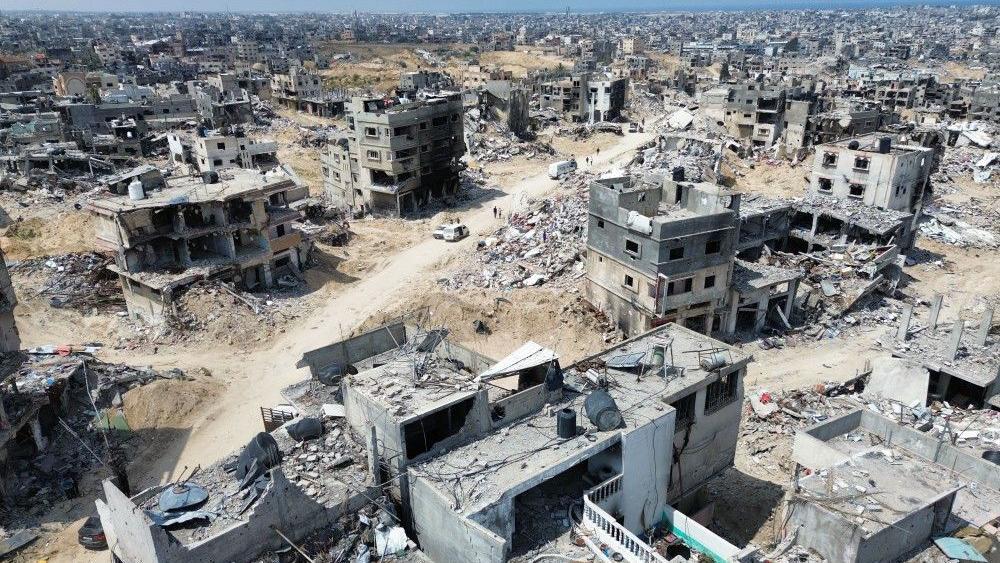The US Ambassador to Israel, Mike Hakabi, proposed that Muslim countries cede parts of their territories to create a Palestinian state. He pointed out that Muslim countries have significantly more territory than Israel controls and could host a Palestinian state if there is such a desire. Hakabi also sharply criticized US allies for sanctioning far-right Israeli activists. The two-state solution, which envisions an independent Palestinian state in the West Bank, Gaza, and East Jerusalem, has received international support, but Israel now rejects this goal. Hakabi expressed doubts about the possibility of a Palestinian state in the West Bank due to the current culture of violence. This proposal has sparked various reactions and highlights the complexity of the Israeli-Palestinian conflict.
Political Perspectives:
Left: Left-leaning outlets emphasize the humanitarian aspect and the need for a peaceful two-state solution, often criticizing the US ambassador’s proposal as unrealistic or shifting blame onto Muslim countries. They highlight the ongoing suffering of Palestinians and call for international pressure on Israel to respect Palestinian rights.
Center: Center-leaning sources report the ambassador’s proposal factually, noting the controversial nature of suggesting Muslim countries cede territory. They present the complexities of the Israeli-Palestinian conflict, including the criticism of the two-state solution and the current political realities in Israel and Palestine.
Right: Right-leaning media focus on the ambassador’s criticism of Muslim countries and the culture of violence in Palestinian territories. They often support Israel’s security concerns and skepticism about the viability of a Palestinian state on the West Bank, framing the proposal as a pragmatic approach to a difficult conflict.










